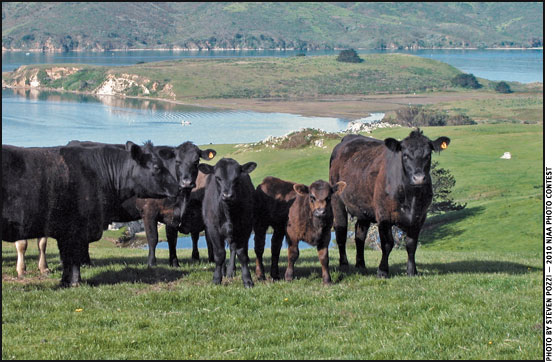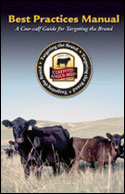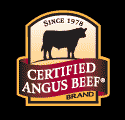
Calfhood Vaccinations
Some vaccines have been shown to provide some immunity at an early age, even in the presence of maternal antibodies.
Vaccinating calves at the proper time can help protect them until weaning age. Vaccinating too soon, however, may not stimulate immune response. If the calf still has maternal antibodies in its system, these can interfere with building the calf's own immunities.
We don’t know how much maternal immunity each calf gets, and it will wane at different times for each animal, says Mark Alley, clinical assistant professor at North Carolina State University. "It's also going to be different with various bacteria or viruses. So vaccine recommendations will be very dependent on what the potential issues are on each farm."
Alley notes that researchers have discovered there are a few viruses — specifically infectious bovine rhinotracheitis (IBR), bovine respiratory syncytial virus (BRSV) and parainfluenza-3 virus (PI3) — that may not be blocked by maternal antibodies as much as once thought.
"As a result, we may be able to vaccinate calves at an earlier age and still get an immune response," he says. However, pathogens like BVD (bovine viral diarrhea), pasteurella, mannheimia, etc., may be blocked by maternal antibodies. Vaccinating with these antigens should be discussed with your veterinarian before using them in young calves. As long as the passive transfer is still strong, the calf may not build its own immunity.
Some vaccines have been shown to provide some immunity at an early age, even in the presence of maternal antibodies.
"If we vaccinate that calf again later, with a similar product, there is some recognition and response to the vaccine, even though it didn't appear that the immune system responded the first time," Alley says.
"Vaccination at some point during the first 3 months of life can be extremely beneficial and can reduce problems at weaning time," Alley says. The earlier vaccination can set them up, and the weaning vaccination acts like a booster.
"Many producers don't give clostridial vaccines to calves until they are at least 3 to 4 months of age, and then we try to make sure they get a booster after that. If a herd has a history of problems in young calves, we recommend clostridial vaccines be given soon after birth," Alley says.
 "We try to convince producers about the benefit of vaccinating while calves are still on the cow. The calves are not as stressed and build better immunity. If producers don't do early vaccinations, we recommend they vaccinate calves two to four weeks prior to the date of weaning, with the viral and clostridial vaccines. They may not need pasteurella or pinkeye, depending on the risk factors for that herd or farm. Then the calves get boosters at the day of weaning," he says.
"We try to convince producers about the benefit of vaccinating while calves are still on the cow. The calves are not as stressed and build better immunity. If producers don't do early vaccinations, we recommend they vaccinate calves two to four weeks prior to the date of weaning, with the viral and clostridial vaccines. They may not need pasteurella or pinkeye, depending on the risk factors for that herd or farm. Then the calves get boosters at the day of weaning," he says.
[Click here to go to the top of the page.]









